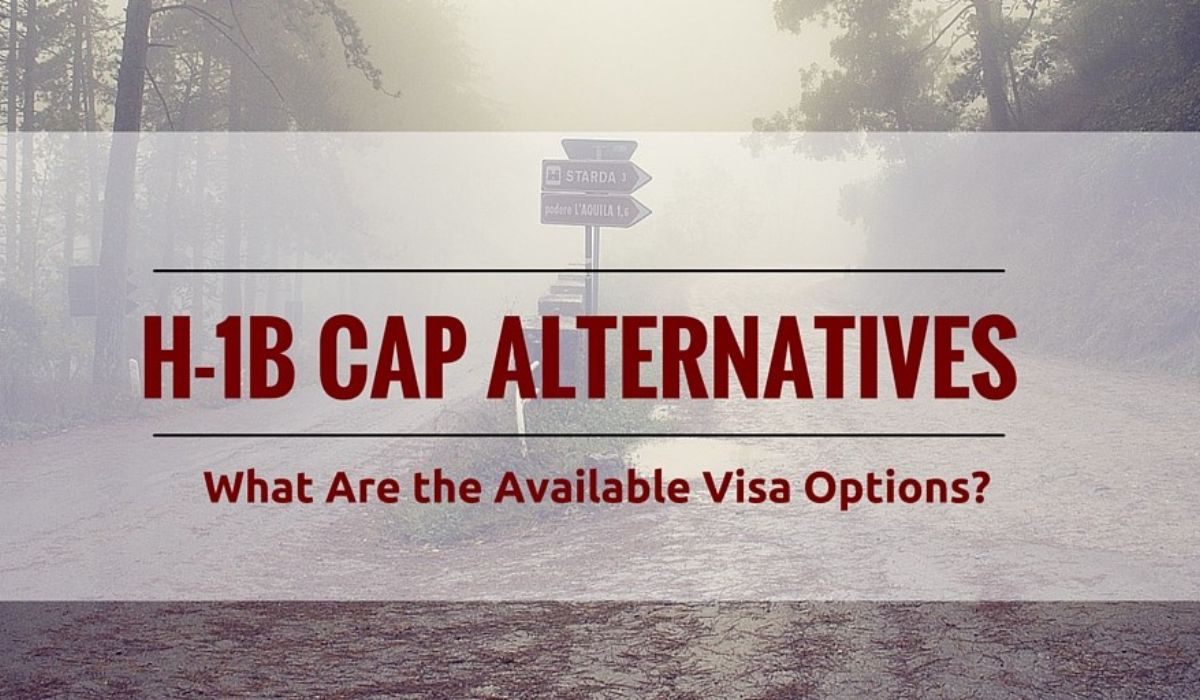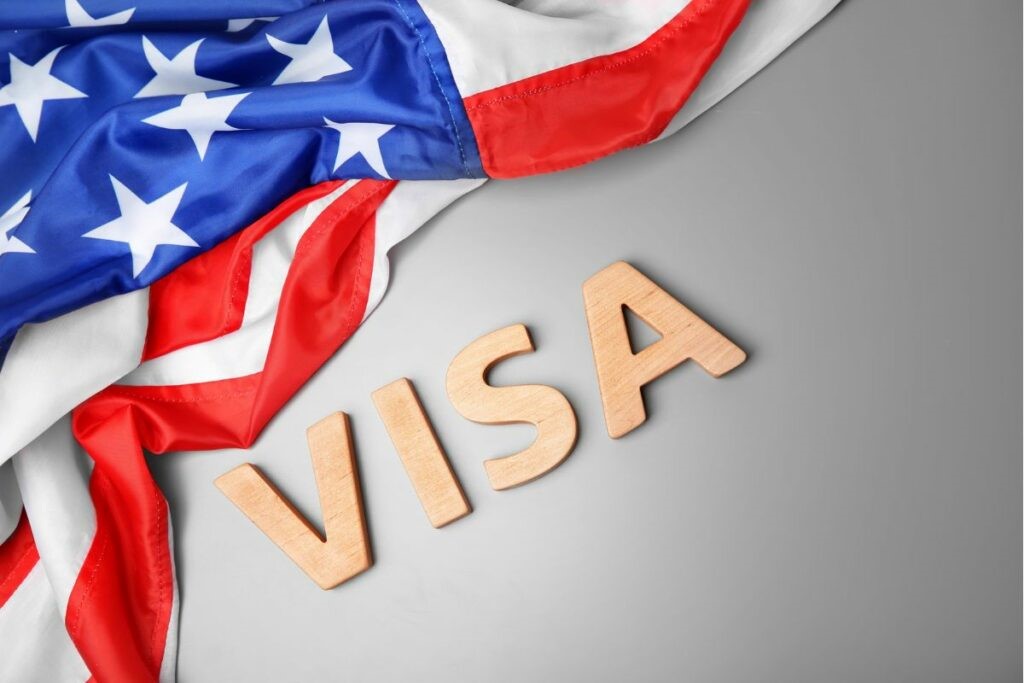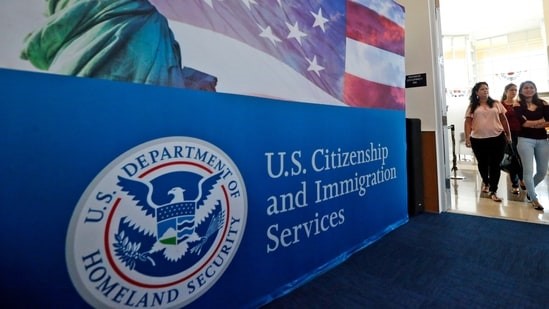
The H-1B program has an annual numerical limit, or “cap,” on the number of visas available each year, as a result of its growing prominence in the business immigration sector. U.S. Citizenship and Immigration Services (USCIS) conducts a lottery to arbitrarily select the petitions that will be considered for processing when the number of H-1B petitions submitted by employers exceeds the annual limit.
The H-1B limit lottery is a competitive process for both employers and prospective employees who are attempting to obtain H-1B status in the United States, and it is a consequence of the high demand for H-1B visas. It is crucial to investigate alternative visa options if you are a foreign worker who was not selected in the H-1B limit lottery or an HR professional responsible for assisting international employees in obtaining work visas.
Alternative nonimmigrant visas that may be available in place of an H-1B are summarized below:
L-1 Intracompany Transferee Visa
The L-1 Intracompany Transferee visa is a non-immigrant visa category that enables multinational corporations to transfer specific employees in managerial positions to their U.S. operations. The employee in question may be eligible for an L-1 visa if the company has offices or entities overseas and the employee possesses specialized knowledge or executive/managerial positions within the company. Discover additional information by visiting this link.

O-1 Visa for Extraordinary Ability
The O-1 visa is a non-immigrant visa that is available to individuals who have demonstrated exceptional talent or accomplishment in their respective fields, including the sciences, arts, education, business, or athletics. A thorough account of the applicant’s achievements and contributions to their field is required during the application procedure. Discover additional information regarding eligibility criteria by visiting this website.
F-1 OPT STEM Extension
If the offered position and the completed degree are in a STEM discipline, employees who are presently working under an Employment Authorization Document (EAD) on F-1 Optional Practical Training (OPT) status may be eligible for a 24-month extension of their OPT work authorization. Boundless’ guide provides additional information regarding the process of hiring an international student on OPT.
Also Read: Recent Policies to Reduce the Property Ownership Cost for Eligible Newcomers to Canada
J-1 Trainee or Internship Program
The J-1 visa program includes a category for trainees and apprentices, which enables individuals to engage in educational and cultural exchange programs in the United States. The J-1 Trainee and Intern Visa is divided into two distinct categories:
J-1 Trainee Visa: This category is intended for individuals who are in search of training in a particular field that is not readily accessible in their country of origin. The trainee must possess a professional certificate or degree and a minimum of one year of work experience in their occupational field outside the United States – check out TN Visa Professions here. The J-1 Trainee Visa is valid for a maximum of 18 months.
J-1 Intern Visa: This category is intended for individuals who are either presently enrolled in or have recently matriculated from a post-secondary educational institution located outside of the United States. The internship must be explicitly related to their academic discipline of study. The J-1 Intern Visa is valid for a maximum of 12 months.
B-1/B-2 Tourist Visa
If an H-1B employee’s current status is about to expire and they have not been granted an extension, it may be feasible for them to file for a travel visa in order to temporarily remain in the country while they investigate alternative immigration options. The B-1/B-2 tourist visa may be an effective approach to legally remain in the United States; however, it does not include work authorization.
You can obtain additional information regarding the process of transitioning from an H-1B visa to a B-1/B-2 tourist visa by consulting Boundless’ guide.
Investor Visa under the E-2 Treaty
The E-2 visa is a non-immigrant visa that enables foreign nationals to work in the United States in exchange for a substantial investment in a U.S. enterprise. It is intended for individuals from countries with which the United States has a treaty of commerce and navigation.
An employee may qualify for the E-2 visa if their company is entirely owned by a country that has a treaty of commerce and navigation with the United States and they are a national of that same country. Discover additional information by visiting this link.

E-3 Visa for Australian Citizens
The employee in question may be eligible for an E-3 visa if they are an Australian citizen and work in a specialty vocation within a professional discipline.
TN Visa for Canadian and Mexican Citizens
H-1B holders who are Canadian or Mexican citizens should contemplate applying for the TN work visa. The TN nonimmigrant visa is reserved for Canadian and Mexican workers who are employed in specific professional occupations, such as science, engineering, teaching, and other fields.
TN visas are initially granted for a period of up to three years, with the potential for extensions in three-year increments. As long as they maintain their eligibility, TN visa holders are permitted to continue working in the United States, and there is no maximum number of renewals. Discover additional information in our guide to Tennessee.
H-1B1 for Singaporean and Chilean citizens
Citizens of Chile and Singapore who desire to temporarily work in the United States in a specialty occupation that typically necessitates a higher education degree or its equivalent are eligible for the H-1B1 visa. The H-1B1 visa is initially granted for a period of up to one year, with the potential for the extension in one-year increments.
